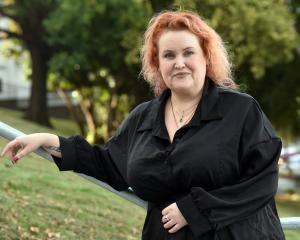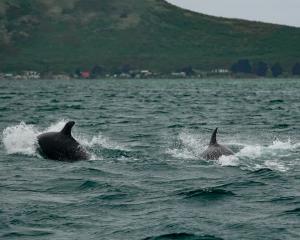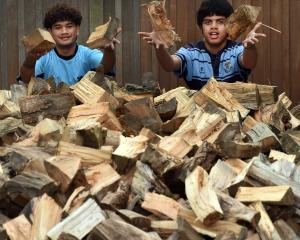Educators in Dunedin and Christchurch have united to create what they say will be the most sophisticated midwifery flexible-learning course in the world.
From next year, using the latest high-speed computer technology, Otago Polytechnic and the Christchurch Polytechnic Institute of Technology plan to offer a three-year bachelor of midwifery degree programme to students throughout the South Island.
The course material had been redesigned to ensure students living in more isolated places had the same access to learning as those living in Dunedin or Christchurch, and this was believed to be a world first, Otago midwifery school head Dr Sally Pairman said yesterday.
It meant the students, who were invariably women, many with families, would not have to move to a city to study.
They would still have to travel for block courses and to gain experience in a major maternity hospital, but would be able to access lectures and tutorials online using video conferencing and other technology, Dr Pairman said.
Clinical experience would be arranged with midwives working in their areas, and students would be grouped geographically so they could meet from time to time.
"We are trying to use all the factors we know will work - women staying in their home towns, online learning, group support and clinical experience," Dr Pairman said.
The course must still be approved by the Midwifery Council of New Zealand and the Institute of Polytechnic Quality, but Dr Pairman said there was no reason to believe approval would not come.
"We have done a lot of consultation to get to this point and the response has been positive."
Nationally, 15 of the country's 21 district health boards say they have a shortage of midwives.
Dr Pairman said between 40 and 44 midwives graduated annually from the Christchurch and Otago courses at present, and it was hoped numbers would double in the next three years.
Otago Polytechnic had received a $495,000 grant to install a high-speed computer system called the Kiwi Advanced Research and Application Network (Karen) to aid the delivery of the programme.
Karen provides New Zealand tertiary institutions, research organisations, libraries, schools and museums with a high-capacity, ultra-high-speed link between them and the rest of the world.
Otago Polytechnic chief information officer Mike Collins said Karen was also being installed at Christchurch Polytechnic and would give midwifery students and staff at both campuses better-quality and quicker video conferencing, video streaming and access to data.
However, Karen was not connected to individual houses so students working at home would not notice any difference in quality or speed.
Karen would also be used by other polytechnic departments, he said.












